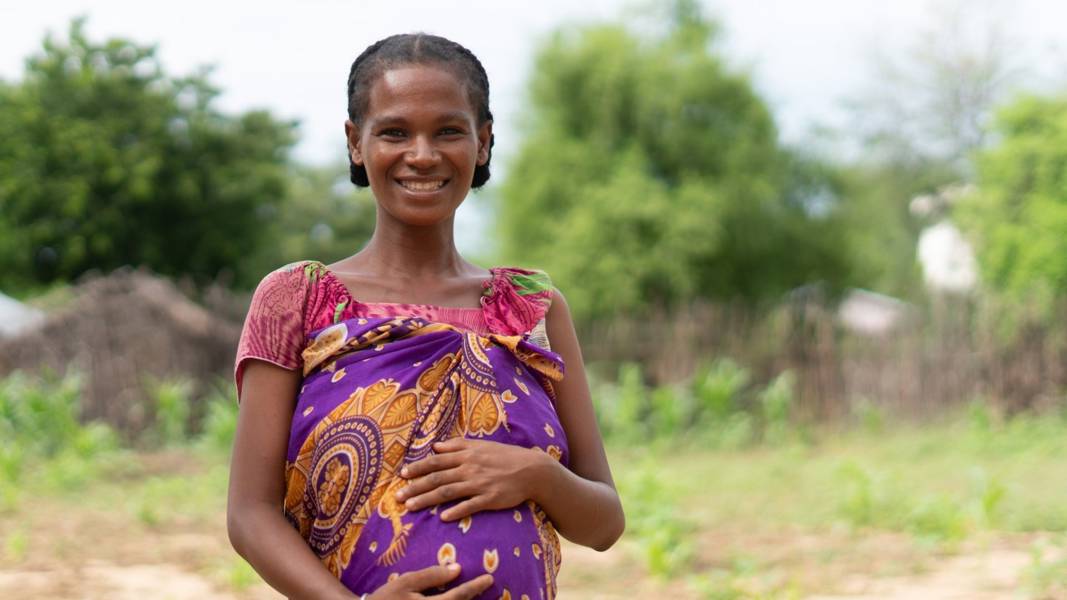
Connecting new mothers in Madagascar to medical care
When Doctors for Madagascar learned about her situation, they covered the remaining cost from a fund designated for that purpose and Kajy and her baby were finally allowed to return home.
With support from the Stavros Niarchos Foundation (SNF) as part of its Global Health Initiative (GHI), Doctors for Madagascar is working to enable system-wide improvements in maternal and neonatal care across the country. These include training and capacity building for health care providers at partner health centers, where 48,300 antenatal visits took place in 2024; mobile ultrasound examinations to detect pregnancy complications, of which more than 12,000 were performed last year; quality improvement initiatives; in-person outreach by community health workers; and trusted local radio broadcasts with information about reproductive health.
They also include a cost-sharing arrangement to prevent catastrophic health expenditure—like Kajy’s—and digital savings plans to pay for maternal health care.
In Madagascar, where almost 40% of mothers give birth outside the context of a health care facility, major health issues related to childbirth can go untended, particularly in rural areas. Doctors for Madagascar runs a free ambulance referral system to get women giving birth, as well as children, the care they need in the face of medical emergencies.
“We don’t dare imagine what would have happened if [Doctors for Madagascar] hadn’t been there,” said a family member of one mother experiencing complications with her delivery who ended up giving birth in an ambulance provided through the system.
On a local level, the organization is working to connect mothers in more remote areas to care, covering the approximately 300,000 women living in the catchment areas of 59 partnering Basic Health Centers. But it’s also looking to counter a country-wide imbalance in aid and support, focusing on southern Madagascar as a rare consistent presence in a region otherwise described as a “project cemetery” for NGOs.
“There are many health actors in the region, but Doctors for Madagascar stands out - the impacts are tangible,” said Dr. Tojo, Technical Assistant to the Medical Inspector in Taolagnaro in southern Madagascar. “This is why we are grateful for everything you have been doing in our villages for so many years.”